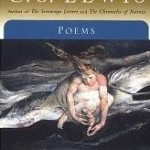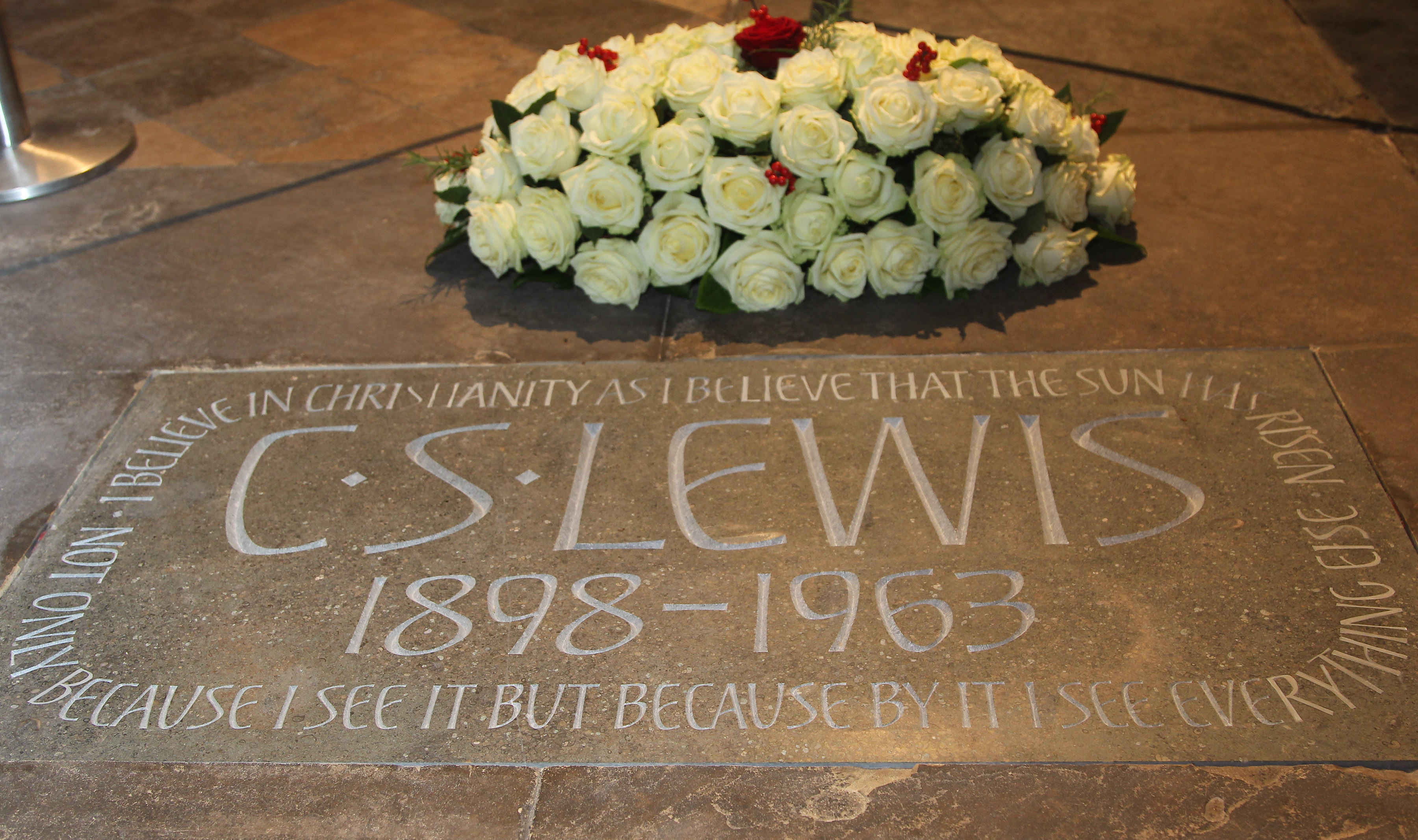
 Hey, everybody! Welcome back to Tumnus’ Bookshelf, where we review any and all books by, about and inspired by CS Lewis and the land of Narnia. For today’s review we will be looking at Poems by CS Lewis.
Hey, everybody! Welcome back to Tumnus’ Bookshelf, where we review any and all books by, about and inspired by CS Lewis and the land of Narnia. For today’s review we will be looking at Poems by CS Lewis.
Title: Poems
Author: CS Lewis (Edited by Walter Hooper.)
Publisher: Mariner Books (November 4, 2002)
ISBN-10: 0156027690
ISBN-13: 978-0156027694
Summary: Collecting 110 of the poems CS Lewis wrote through out his lifetime, Poems, is a treasury of thoughts and reflections on God, life, love and literature.
Review:
As it was mentioned in the review for CS Lewis’ Narrative Poems, not may readers remember CS Lewis for his poetry. Ask any random person what CS Lewis wrote they may remember him for Narnia or Screwtape Letters. However, a quick peak at the back cover alone will tell the reader that the man who created Narnia, had been writing poems since the age of 14 all of which showed tremendous potential.
Unlike Narrative Poems, not all of the poems collected in this book saw publication in various literary journals. In the preface to the book, Walter Hooper informs readers that gathering all these poems was a difficult task. Some poems were hand written, some typed and it was hard to tell what the final draft would have been.
The back of the book contains a list of first publication dates, but the content of the poems doesn’t show which ones were written before or after his conversion to Christianity. Much like the Chronicles of Narnia, Biblical and Mythical images and language permeate all his poems. Best of all, even though the poems were written by an Oxford English professor, one does not have to have majored in literature in College to understand them.
Each poem has a different feeling to it. Some poems, like “The Narnian Suite”, “Donkey’s Delight” and “The Late Passenger” (about how Ham the son of Noah refused to let the last unicorn in the Ark before the Great Flood in the Bible), have a sort of whimsical quality to them. Others, like “Posturing”, “Virtue”, “Independence”, “Wormwood”, “Forbidden Pleasure”, and “Footnote to All Prayers” first appeared in Pilgrim’s Regress and seem to summarize that stage of the journey. A few like “Hermione in the House of Paulina” and “The Landing” have a sort of epic quality to them that almost calls to mind the myths of the ancient Greeks. Then there are the cautionary poems like the “Future of Forestry ”, which postulates about an England where all the forests have been cut down, or “On The Atomic Bomb”, which reminds us that as dreadful a weapon as the bomb was, it is only a brand new way of killing, and that it would not end our woes.
While some poems do have a specific theme or point they are trying to address, there is one thing readers are cautioned against: trying to look at them and wonder if they are based directly on specific episodes in CS Lewis’ life. Certainly four or five poems in the book read like they could have been written after Joy Gresham’s death. As poems, they are meant to be celebrations of the human condition, that means there will be poems about death and grief and sorrow, things Lewis was more then familiar with before he meet Joy.
Like many collections of poetry, Poems is divided into five separate “thematic” sections, allowing the poems to be organized in a very appropriate manner. All the titles for these sections are derived from other CS Lewis works.
I won’t bog this review down in talk of meter, pentameter and stanza. That is left more for poetry scholars to discuss, dissect and debate. It can be said that while the poems rhyme it is far from a “forced or contrived” rhyming scheme. It should also be noted that as it is the case with most poets, some of CS Lewis’ poems, mainly the ones he composed later in life, are better then the earlier ones. The question that should be asked of his poems or any poetry for that matter is “do they speak to me and will they speak to someone else”.
That answer is a resounding yes. Not only did the poems speak to me, but I am sure they will speak to some one else as well. While Lewis may not be an avante garde poet like TS Eliot, the images he chooses are clear and concise. They are simply poems dealing with life, love, friendship, nature, God, Mythology and literature. Ultimately the same thing all good poetry reminds us, that there is one common fate for all on this Earth. While it my not please literature snobs, those who love CS Lewis work’s are sure to find a place for Poems in their library.
4 1/2 out of 5.
Buy the book on Amazon.com



Ha ha! Refusing to let the unicorn in the Ark. 🙂 Funny!
(Woo! First Comment! :-P)
Yeah, I guess it is…lol. ( Oh , yeah. Second to comment!)
Wow I didn’t know C.S. Lewis wrote poetry!!
woowoothird!